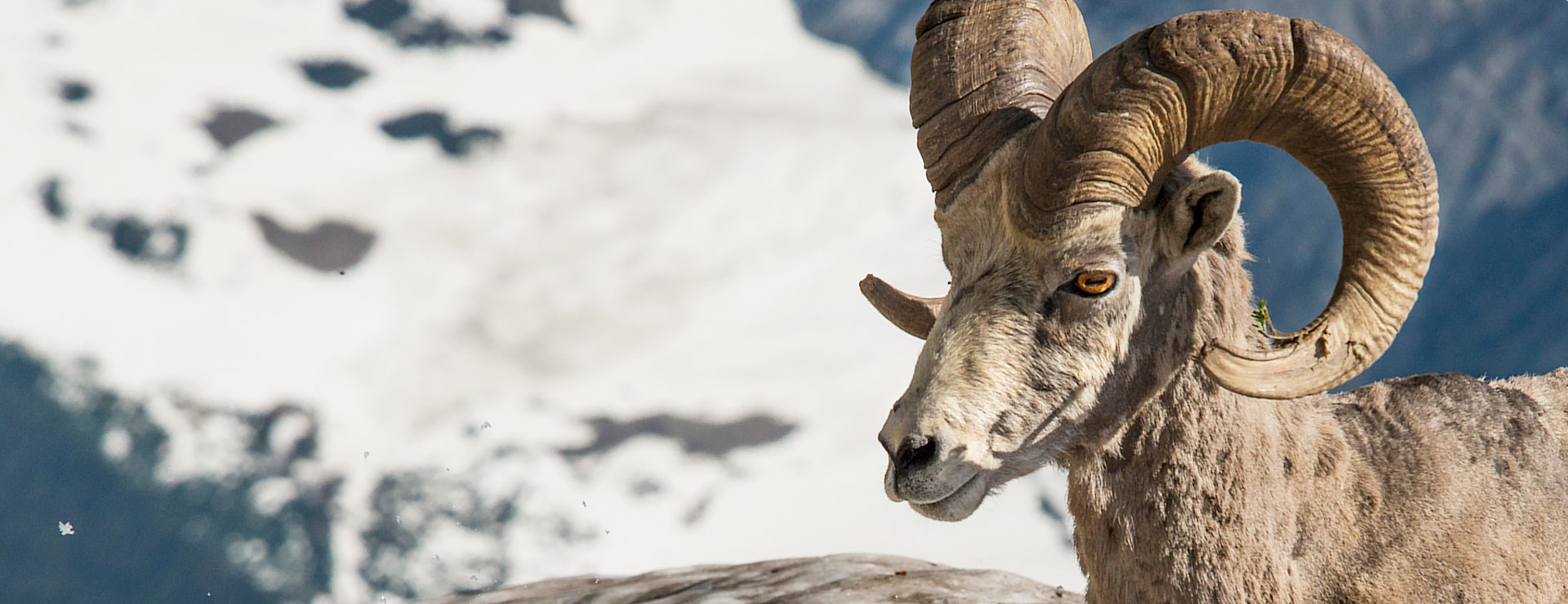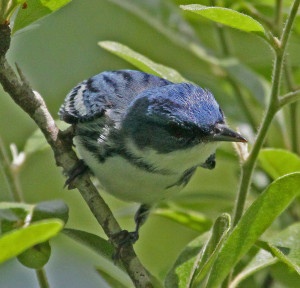We have much more to do and your continued support is needed now more than ever.
Will Congress Leave Wildlife Out to Dry this Year?
No Excuses, Congress Can Both Protect Wildlife and Fund the Government in 2018

In our own lives, the new year often comes with a to-do list. Whether it’s filing financial paperwork or setting goals for the year ahead like going to the gym more, we often find ourselves scrambling to be prepared for the turning of the calendar page.
At the end of 2017, Congress was doing the same thing. One of the actions Congress took before leaving for its holiday recess was moving the deadline to fund the government to January 19th, and then just moved the deadline once again. By March 23rd, Congress must decide the spending levels for all federal programs for the year. But as Congress’s to-do list looks right now, our country’s wildlife may be left out to dry. So here are two things we are asking Congress to make sure are included in their to-do list when deciding federal spending in the coming weeks:
#1: No Anti-Environmental Policy Riders Attached to Spending Bills
Some of the most damaging parts of this year’s spending bills are the policy “riders” that are attached to them, which are unrelated to the spending at hand and are attached because they would likely fail on their own. Unlike the pelagic crabs that ride on sea turtles in the Caribbean to eat the turtles’ harmful parasites, the riders on these bills are anything but symbiotic.
One very troubling rider fast-tracks the repeal of the Clean Water Rule, which allows the Environmental Protection Agency to better enforce the Clean Water Act. The Clean Water Act helps protect our streams, rivers, and wetlands—allowing wildlife to fight back against habitat loss and degradation—and it is essential that its provisions are enforced. Other harmful riders include efforts to undermine the Endangered Species Act, the Clean Air Act, and other important environmental regulations that keep us (and our wildlife!) safe.
#2: No Funding Cuts to Important Conservation Programs

Currently, there are different proposals from the House and the Senate regarding the levels of funding for various essential conservation programs. Perhaps the most far-reaching are the proposed cuts to the Environmental Protection Agency. In its proposal, the House suggests cutting the Agency’s budget by more than $500 million. For an agency that already has a lot on its plate, that amount of money being taken from its coffers, likely in the form of staff cuts, prevents the agency from doing its job protecting our air, waterways, lands, wildlife, and people from harmful toxins and other pollutants.
Another funding decision that is especially concerning is the drastic cut in funding for wildland fire suppression in both the U.S. Department of Agriculture and the Department of the Interior. Over the past few decades, we have seen fires grow in intensity and damage, upending countless numbers of human lives, regional economies, and wildlife populations. Just this past year, we saw the deadly effects of the wildfire in California’s Napa Valley. Current trends do not indicate that wildfires will decrease in quantity or size, which means that we should be maintaining—or better yet, increasing—federal funding to prevent megafires in the future and reduce the risk from fires that do spread.

How you can help Congress uphold these two resolutions:
Congress must understand that wildlife should not be an afterthought. The health of our animal species is interlinked with health of our own species. We exist in the same environment and all require clean air, clean water, and the preservation of wild spaces.
Here at the National Wildlife Federation, we’re working hard to make sure Congress does not scale back pro-wildlife programs, but we need your help to do it.
We do not have to choose between funding the government and protecting our animal family. We can do both, and when we do, the benefits are immeasurable.





















